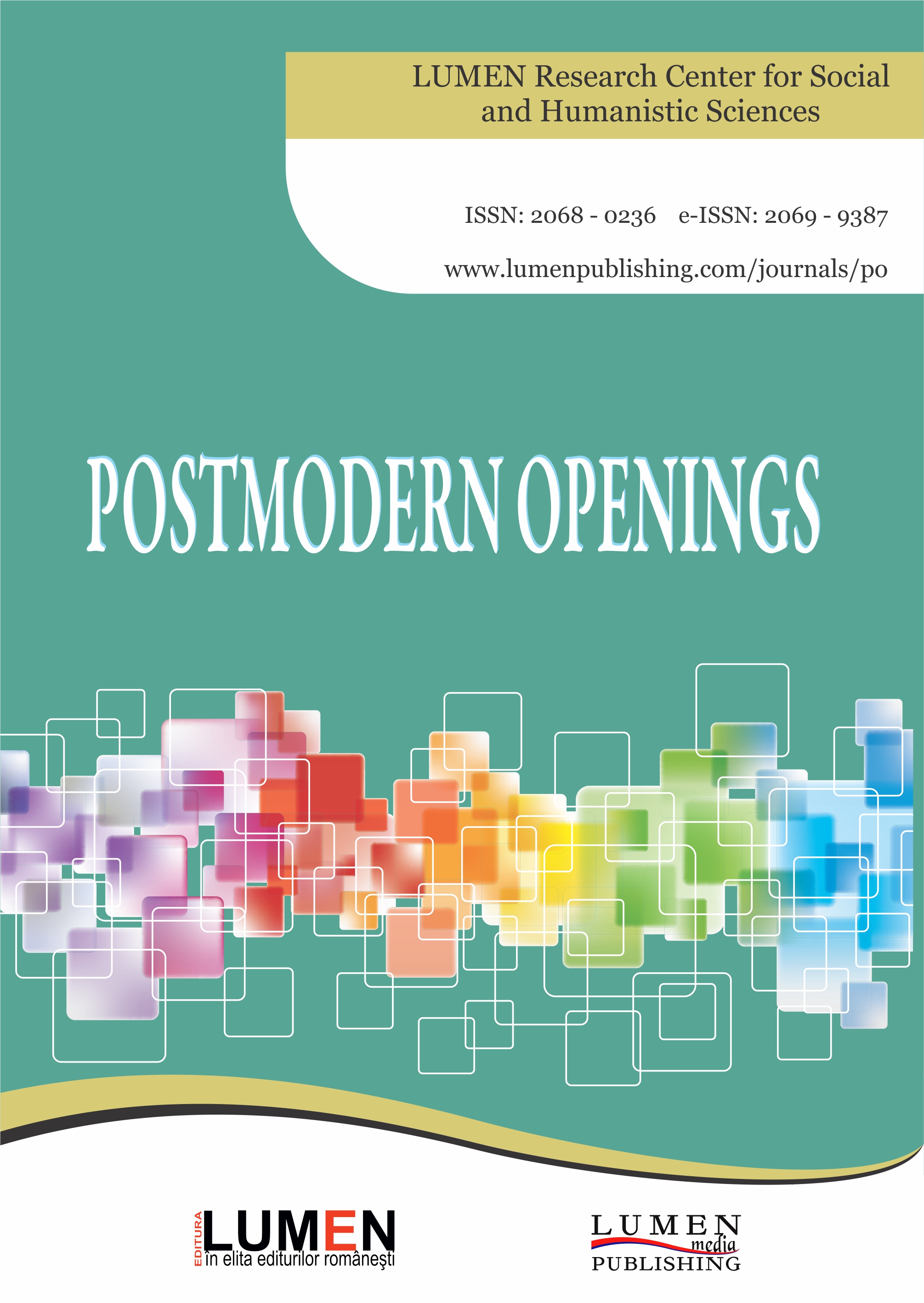Prediction of Perceived Stress Based on Self-concept and Emotional Intelligence in Females with HIV/AIDS
Prediction of Perceived Stress Based on Self-concept and Emotional Intelligence in Females with HIV/AIDS
Author(s): Maryam Nasir Dehghan, Mansoureh Karimzadeh, Robab Teymouri, Mohammad RostamiSubject(s): Sociology
Published by: Editura Lumen, Asociatia Lumen
Keywords: HIV/AIDS; perceived stress; self-concept; emotional intelligence;
Summary/Abstract: Background - Paying attention to the psychological issues of patients with HIV/AIDS, improving their quality-of-life (QoL), and promotion of mental health in such patients are of great importance. The present study aimed at predicting the perceived stress based on self-percept and emotional intelligence in patients with HIV/AIDS. Methods - The population of the present descriptive, correlation study was all females diagnosed with HIV/AIDS of which 90 subjects selected by the convenience sampling method were evaluated. The data collection tools were the Cohen perceived stress scale (PSS), the Rogers self-concept scale, and the Bar–On emotional intelligence questionnaire; the stepwise regression analysis was used to analyze data. Results - Results of the present study indicated a negative and significant relationship between the perceived stress with self-concept and emotional intelligence; also, emotional intelligence could better predict the level of perceived stress than self-concept. Positive self-concept and higher levels of emotional intelligence, followed by the use of coping strategies, may cause lower levels of perceived stress in such patients. Conclusion - It seems that the findings can indicate that the emotional intelligence can predict perceived stress better than self-concept.
Journal: Postmodern Openings
- Issue Year: 10/2019
- Issue No: 1
- Page Range: 1-20
- Page Count: 20
- Language: English

